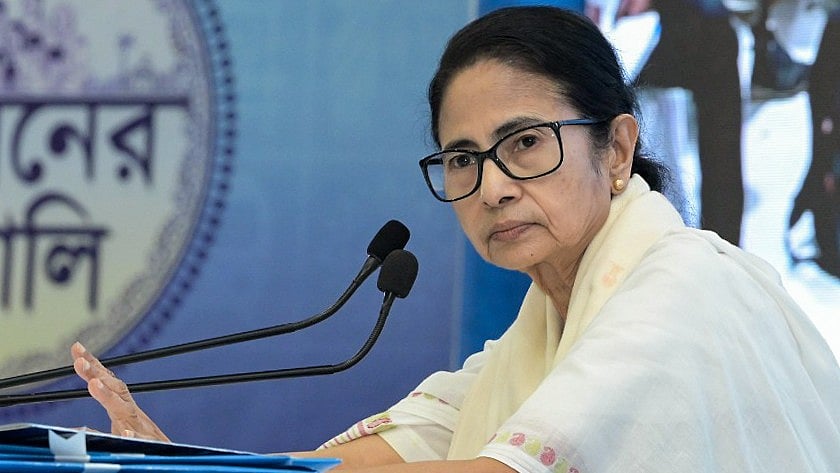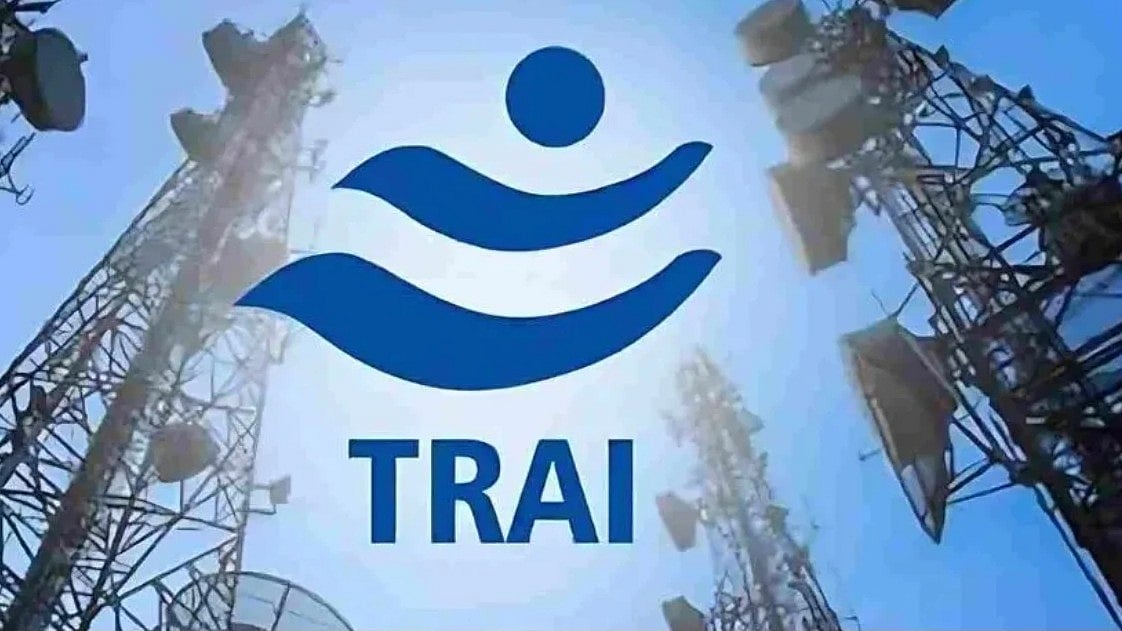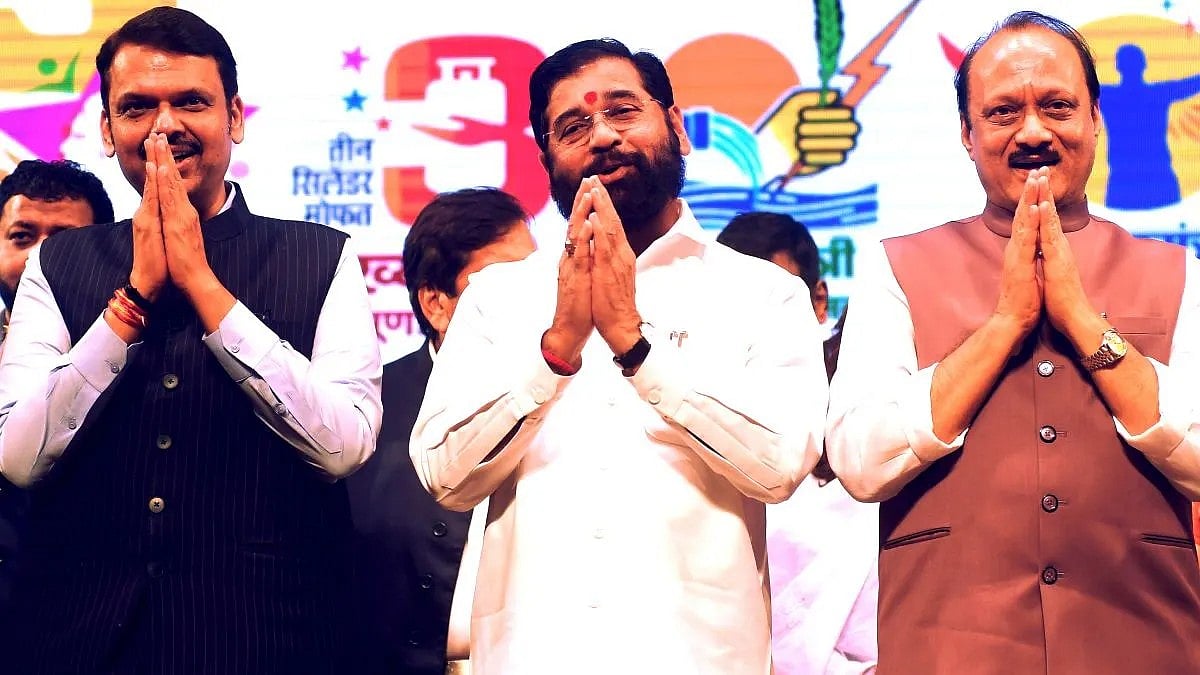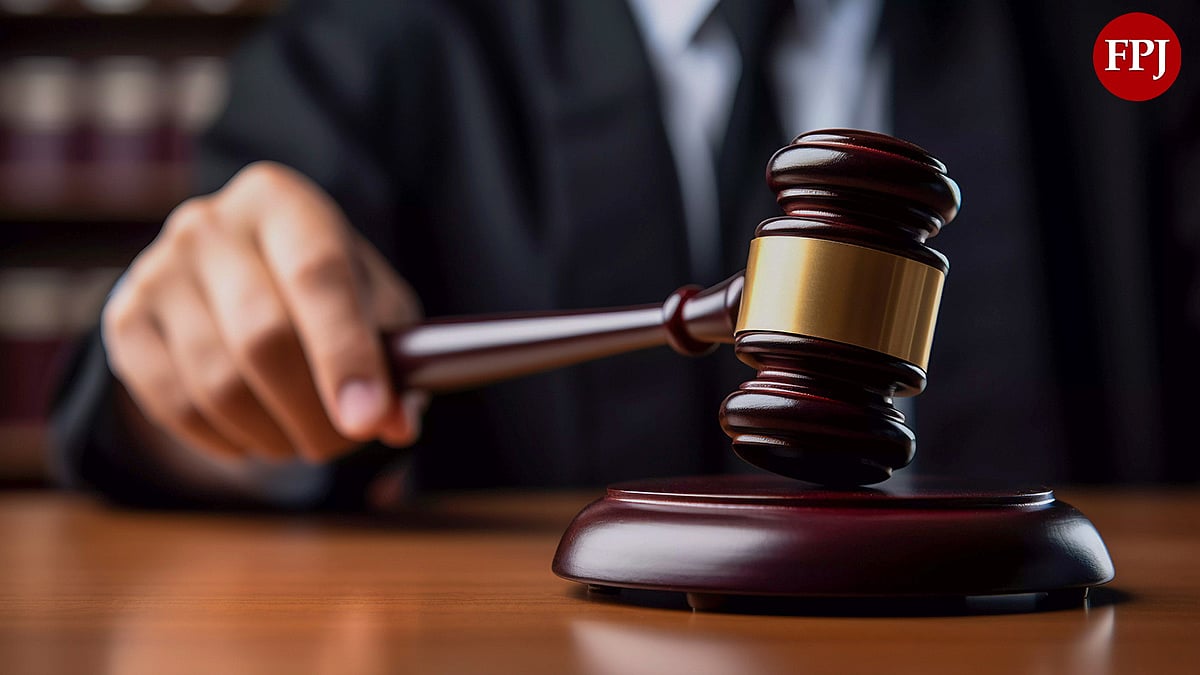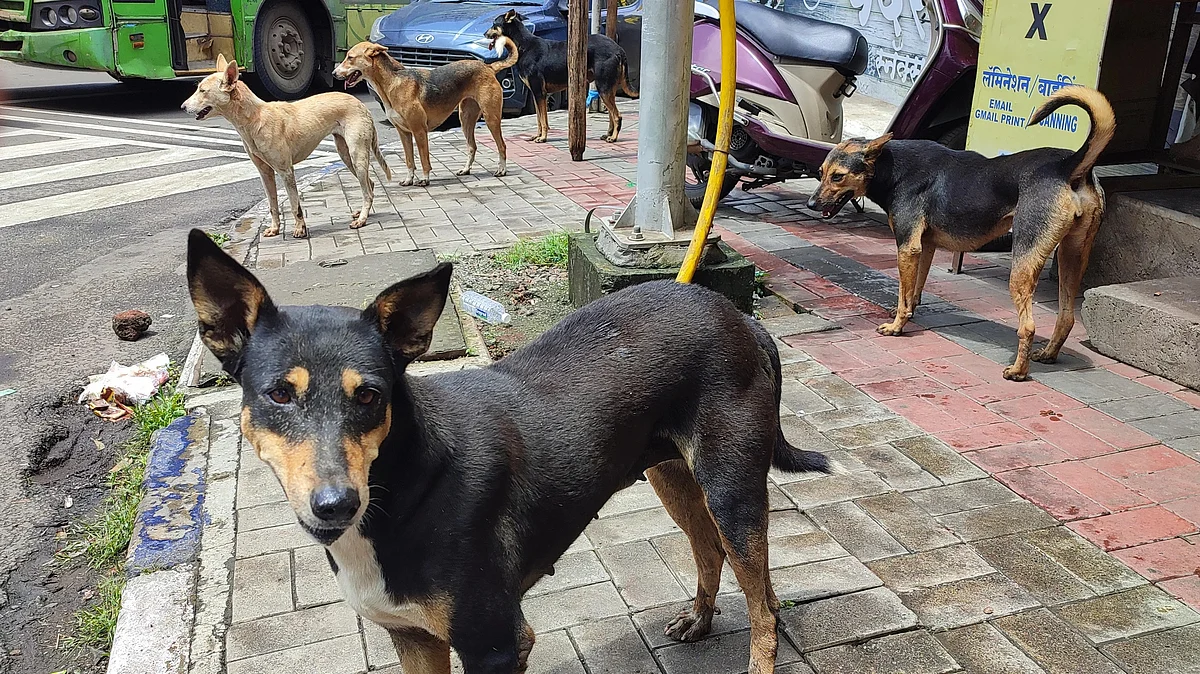The Bombay high court struck down Slum Rehabilitation Authority’s (SRA) proposed acquisition of a part of land belonging to Mount Mary Church in Bandra (W), for redevelopment of a slum on it and noted that the property owner has “preferential right” to undertake the redevelopment of the property.
The court also observed that State government’s policy was strange under which once an encroached area was declared as a “Slum” under the Slum Act, the “encroachment on a private land gets converted into a legitimate right of a free tenement to the encroacher.. which… is as good as a premium on the illegality of the encroacher”.
The court said that slums on private and public land are given free tenement and said an international city like Mumbai is known for its slums on private and public lands.
The HC heard a petition by Bishop John Rodrigues, sole trustee and rector of the Basilica of Our Lady of the Mount, which manages the church challenging the SRA’s move to acquire the encroached land despite it repeatedly expressing plans to redevelop the same.
The HC quashed the October 2021 SRA CEO’s notice inviting objections to the proposed acquisition and March 2022 order rejecting the trustee's objection to it terming it “illegal and invalid”. The court said that it was not open to the CEO to refuse to grant the trust “an opportunity to undertake redevelopment in the petitioner’s legal capacity as owner of the land”.
The trust owned 10,729 sqm land, out of which there was encroachment on 1,596 sqm land; there are seven buildings and 35 hutments. The SRA proposed to acquire 1,596 sqm land and in December 2020 declared it as a slum rehabilitation area under the Maharashtra Slum Areas (Improvement, Clearance and Redevelopment) Act [Slum Act].
Despite the trustee approaching the Apex Grievance Redressal Committee against this, the public notice was issued calling for objections.
The trusteed approached the HC stating that the SRA notice was at the behest of the slum society which had appointed a developer. The high court, in April 2022, stayed the SRA notice.
Even though the matter was pending before the high court, the SRA rejected the objection raised by the trustee, reasoning that the redevelopment proposal was not submitted within 120 days of declaration of slum area.
The court remarked that despite the apex court extending the limitation period during the Covid-19 pandemic, “it is quite astonishing” how SRA CEO issued the notice and rejected the objection citing 120 days limitation.
The judges said that this was a classic case where a private developer tried to usurp the land under the garb of slum redevelopment. As against this, the SRA proposed to pay a paltry amount of Rs17 lakh to the trust for the land situated in the prime location of suburban Bandra.
The court said the government authorities need to be “conscious of the ground reality” that it is a “herculean task” to remove encroachers from both private and public land. It is equally difficult for a private owner of the land to safeguard its land and prevent encroachment.
“This is the sad story, as encroachment does not happen by such encroachers simplicitor squatting on the land, invariably the encroachment is backed inter alia by slumlords, criminals, social workers, politicians (as the squatters would be vote banks). For a bonafide landlord, it is impossible to fight with such forces and keep litigating on removal of encroachment,” a bench of Justices Girish Kulkarni and Jitendra Jain noted.
The “woeful realities” of life, where major public lands in Mumbai have vanished from the public pool and are subjected to private development by developers under the garb of slum redevelopment. It added that the SRA has an onerous obligation to reasonably, non-arbitrarily, and objectively deal with the valuable property rights of private citizens who are dragged in such situation where the monsters of encroachment and persons supporting them take the rule of law in their hands in depriving the land owner of his right to property.
“They forget that there is a rule of law and there are Courts and any such attempt to dent the rule of law can be dealt with iron hands. We may also add that if the official machinery was to act as per law, today we would not have been confronted with the situation of an international city like Mumbai being also known for its slums on private and public lands,” the judges underlined.
The court in its order said the right of the slum dwellers is only to a permanent alternate accommodation under the statutory scheme and the State policies. “The slum dwellers cannot have an approach that they become owners of the land and assert rights to defeat the rights of the real owners of the land,” HC said.
While concluding, the court emphasised that a “thorough introspection” is required on such government policies, keeping in view the “plight of the future generation who would suffer the ill-effects of the state of affairs, as they exist today, continues”.
“It is high time to ponder on the future rights on such aspects. We are conscious of the needs of the large cities which require a large amount of migrant work force and recognition of residential needs of such work force. However, this could not mean that valuable lands, either public or private, can be taken away merely because such lands for a long period are permitted to be encroached, throwing to the winds, the elementary adherence of principles of law on the right to property,” the judges emphasised.

